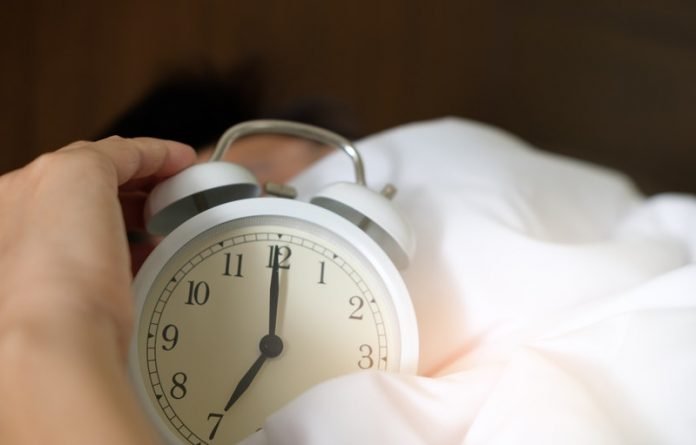
Proper sleep is essential, and a widely used scoring system for heart and brain health is being redefined to reflect that.
Since 2010, seven modifiable components – maintaining a healthy weight, not smoking, being physically active, eating a healthy diet, and controlling blood pressure, cholesterol, and blood sugar – have been found to be the key to ideal heart health.
Those components, dubbed Life’s Simple 7, became a common way for doctors and patients to rate and discuss heart and brain health.
Now scientists from the American Heart Association suggest that sleep duration should join those seven original metrics in a revised scoring tool, now called Life’s Essential 8.
The research is published in Circulation and was conducted by Dr. Donald Lloyd-Jones et al.
The update is about much more than adding sleep. The new score incorporates 12 years of research and enhances its evaluation of diet, exercise, and more.
Adults should average seven to nine hours of sleep a night, the advisory says. For children, the amount varies by age.
The advisory notes that both too much and too little sleep are associated with heart disease and that poor sleep health is linked to poor psychological health, an important driver of heart disease.
The team says Life’s Essential 8 is “a big deal” both for health care professionals and people who want to understand their cardiovascular health.
The advisory discusses the importance of both psychological health and the societal and environmental factors known as the social determinants of health, which include whether someone has access to healthy food, medical care, or a safe place to exercise.
For people who want to improve their heart health, the new approach makes progress easier to see.
If you care about sleep, please read studies about why people with sleep apnea are more likely to have high blood pressure, and this herb may help you sleep better at night.
For more information about sleep, please see recent studies about sleep warnings for older men, and results showing this treatment can reduce the severity of sleep apnea by one-third.
Copyright © 2022 Knowridge Science Report. All rights reserved.



